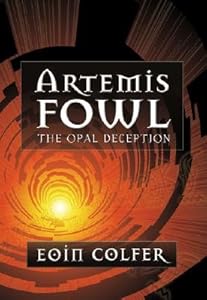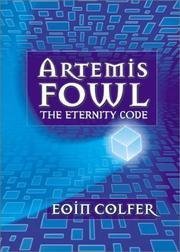 |
| Also published as Peaches for Monsieur le Cure |
Yet another book that was not on my planned reading list but that called my name quite insistently when I saw it at the library...sigh. But in my defense, this is the third book in a trilogy (possibly series?) by Joanne Harris that I absolutely adore. The first two, Chocolat and The Girl With No Shadow (also published as The Lollipop Shoes), I didn't blog about on here, but I fell in love with Harris' lyrical style of writing. Until last summer when I read The Night Circus by Erin Morgenstern, I had not seen such beautiful writing, at least not that I can remember. (No, Lord of the Rings doesn't count. That's in a class all its own.)
And before anyone gets upset that I love these books so much, since the main character identifies as a sort of witch, these are magical realism. They aren't real. Yes, set in the real world, alongside Christianity and (in this third book) Islam, but the point in this story isn't the religion. There.
*****************************************
First, a little background on the main character, Vianne Rocher. She is a woman who moves with the wind, never staying in one place for very long. Her mother never had a husband, so Vianne doesn't either. She does, however, have a child. Anouk is a small eight year old girl when she and her mother first blow into the tiny town of Lansquenet-sous-Tannes in the south of France. Her particular magic is making chocolates, and knowing everyone's favourites. Of course, she blows into the tiny conservative town as Lent begins. So, the priest is at odds with her for the entirety of Chocolat. Also in Chocolat Vianne finally allows herself to fall in love, with a river-gypsy with long red hair named Roux (played by Johnny Depp in the movie...mmm.). She does leave the town at the end of the book, with Anouk in tow. In the second book, they find themselves in Paris, with another tiny child, Rosette. The second book has Vianne facing off against a rather wicked foe, a woman who has no shadow, and who is entirely too charming to be true. Turns out she is the stealer of hearts. Roux returns in The Girl With No Shadow as well, which creates another dynamic when he realizes Rosette is his child. (At least if I recall correctly!) Now, as Peaches for Father Francis begins, Vianne has received a letter from Lansquenet, a letter that was written by a dear friend who died when she was there last, eight years ago. The old woman seemed to know that someday, the town would be in trouble and Vianne would be needed again.
*******************************************
This time, the priest, Father Francis Reynaud, is in trouble. And when he sees Vianne, he is surprised, but eventually he accepts her help. The tiny church has been taken over by a hip, new priest, who thinks PowerPoint, guitar, and plastic seating are what the church needs. (UGH.) On the other side of the river, in the area known as Les Marauds, there is yet another problem: a community of Muslims has been growing exponentially, even to the point of building a small mosque. The people were peaceful, and mingled with the townspeople, until a man named Karim Bencharki showed up. Then, the people became hostile and closed up. The women and girls began wearing their headscarves, which they never had before. Father Francis, afraid for his community, and the suspected starter of a fire at Vianne's old chocolaterie that had been turned into a Muslim girls' school, is pretty much at his wits' end. Even the townspeople have mostly turned against him.
So, clearly, much has happened since Vianne Rocher closed up her chocolaterie and left Lansquenet. But, in typical Vianne fashion, she quickly gets to know a few of the people of Les Marauds, though of course she doesn't offer them chocolates right away, since they are in the midst of Ramadan. She does discover that Father Francis is not guilty, and that there is something much deeper going on in the Muslim community that has nothing to do with Lansquenet, but everything to do with their own religion.
*********************************************
My favourite part about these books is that Harris writes about food so well. She can write about something I've never tasted nor even seen and I feel like I can smell it and my mouth waters. Her being French might have something to do with it! These books are also responsible for my new-found obsession with making excellent chocolates (which I haven't gotten around to yet...). And like I said earlier, these books are magical realism, but they really focus more on the people. I know true Islam is not peaceful, and I'm not sure if Harris intended to illustrate that, but she does, in a way, at least in its treatment of women. And though Father Francis is a pretty good example of the Catholic Church's works-centered theology, there's a small bit of truth shining through. And yes, Vianne is a witch, but you know what? She is a helper of the downtrodden, and she exposes things that are best not left in the dark. Does that make sense? Generally, I don't like people, but when you have a tiny community tearing itself apart in the name of religion, well, it makes for an excellent, feel-good story. And if all you take away from the book (or this review) is that small acts of kindness can have a huge impact, then my job is done. :)
***********************************************
Just read the books. Yes, from a Christian point of view, there are many problematic situations, but gosh, it's a book. And quite frankly, these are more decently and modestly written than most other adult novels I've read.












